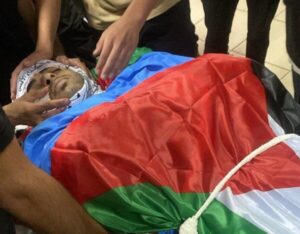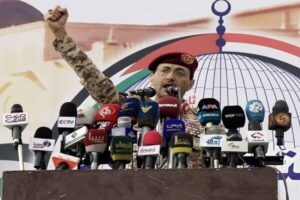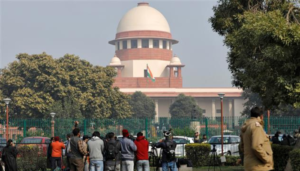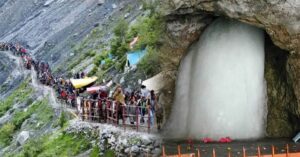Support rather than intervention is the strategy of the resistance front
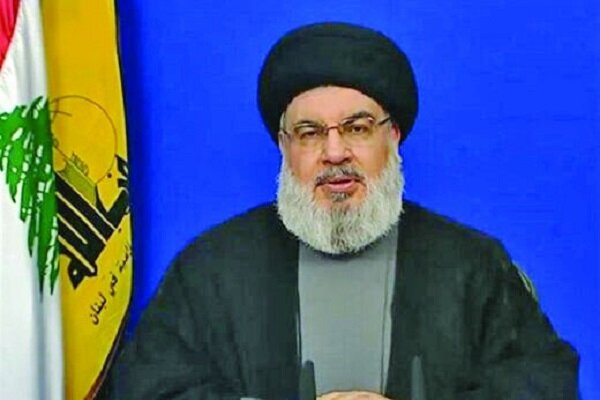
An important concept raised during Sayed Nasrallah’s first speech after October 7th is the unity of the resistance front, which he clarified does not negate the independence of the resistance in the Gaza Strip, the West Bank, Lebanon, etc.
He stated that no entity receives direct orders from Iran and each front evaluates its own situation before carrying out operations. The Al-Aqsa Flood battle was highlighted as the decision of the Gazan resistance, without having consulted the wider resistance axis, therefore they are the entity that bears the consequences of the operation and the victories that ensued.
If the Gazan resistance on its own can weaken the Israeli occupation entity, that is more powerful than if multiple fronts were to do this, as it further highlights the entity’s fragility. The success and consequences of October the 7th, including reverse migration, the emptying of settlements around Gaza and the northern envelope, in addition to the collapse of the economy have shown the reality of this weak entity to the world.
Sayed Nasrallah highlighted the opening of the fronts as a flexible matter that will only occur upon necessity, to prevent the weakening of any front under pressure. To those who questioned why the fronts should expand, Sayed Nasrallah argued that if Gaza breaks, Lebanon will be next, and it is within this context that supporting the Gazan resistance is in the interest of Lebanon and the remaining nations in the resistance axis. To those who questioned the role of the Lebanese front thus far, he highlighted how it has relieved pressure off the Gazan resistance, with 3 of the military elite battalions absorbed on the Lebanese borders, that would otherwise have been strategizing to defeat the Gazan resistance. Therefore, the resistance axis’s intervention is designed to support the original operation launch, as opposed to all the fronts simultaneously opening to intervene.
Here are three reasons the wider resistance axis did not open the war front at the start of October 7th:
1) Securing victory at the hands of the Gazan resistance is a greater defeat than at the hands of the resistance axis combined.
2) The extent of Palestinian resilience and steadfastness have been made clear to the world and served as a lesson.
3) Showing the real, ferocious face of the Israeli occupation entity.
If the wider resistance axis intervened with full force, the equation would have been a war between countries and ‘interests’, as opposed to the real face of the occupation showing itself. This war has made it clear that the axis was willing to intervene and expand the war under ripe conditions, and that unity of the fronts demands continual support for the entity under fire.
The blood of Gaza has resurrected and mobilized the world in a way never seen before; it has allowed the magnitude of Palestinian oppression to come to light. It has revealed the original historical shame of the world superpowers, who conspired to create this entity on the ruins of the ethnically cleansed Palestinian people. The patience of Gaza has led millions to question the secret of it and its source.
The full intervention of the whole resistance axis is against the overall general interest; the resistance axis aims to secure complete victory when the circumstances allow for it. Preparation for war is itself the most important factor for securing victory. If the Israeli occupation entity sought to expand the circle of conflict to finish off the Gazan resistance, then involvement would become mandatory.
Although this card is on the table for the Western camp that expected more involvement from the axis, with over nine NATO military planes having landed in Lebanon in preparation for this scenario, they are not interested in a full-blown war, as that would jeopardize the stability of American interests in the region.
Sayed Nasrallah made it clear in his second speech since October 7th that the destruction of Gaza is a message of deterrence, that similar will happen to any other nation that dares rebel. However, America is seeking a military victory against the Gazan resistance, since military pressure is required to reach the goal of a power transfer in Gaza to a Western-friendly entity. The American goal is for the Gazan resistance to turn from a governing authority to a resistance entity without authority, like the existing groups within the West Bank. The Israeli occupation entity had no issue with the Gazan resistance governing, if it does not pose a security threat to the occupation entity, however, post-October 7th, no longer can the Israeli occupation entity trust the Gazan resistance.
The region is important to America, to the extent that it has sought to establish its direct presence again since the Israeli occupation entity isn’t strong enough to cover its interests and America therefore seeks to fill the shortcoming of the entity’s failure. This war has revealed the extent of the fragility of the Israeli occupation entity that is unable to meet its military objectives, despite that the fact America has given it all the time and space to do so, by delaying the ceasefire to secure a victory on some level.
The war will therefore continue until the American establishment gives up on the prospect of weakening the Gazan resistance militarily and will seek to move forward with a political solution in hopes that will sideline the resistance. Therefore, the truce served tactical goals and if the war was to stop through an ultimate ceasefire at this current stage, the resistance axis would have achieved its objective.
The reality is that even if the Israeli occupation entity managed to weaken the Gazan resistance, the spirit of resistance, in addition to the shift in public opinion globally has meant there is no going back to the status quo. The concept of resistance has become normalised globally, particularly within Arab nations who have applied internal pressure on their governments that threatens Western interests.
Moreover, years of propaganda and sectarianism charges against Iran and the resistance axis have been undone since October 7th, as the world is witnessing the occupation entity lose sleep over the resistance axis and the Palestinian resistance openly thanking the axis for its crucial support.
There is a threat of the expansion of the resistance front through the formation of small paramilitary groups in the neighboring Arab countries, who support the path of resistance and reject the betrayal of their Arab rulers. This is particularly true in Egypt which has been greatly influenced by the fact the only organized axis standing with Palestine are those from the Shia sect


